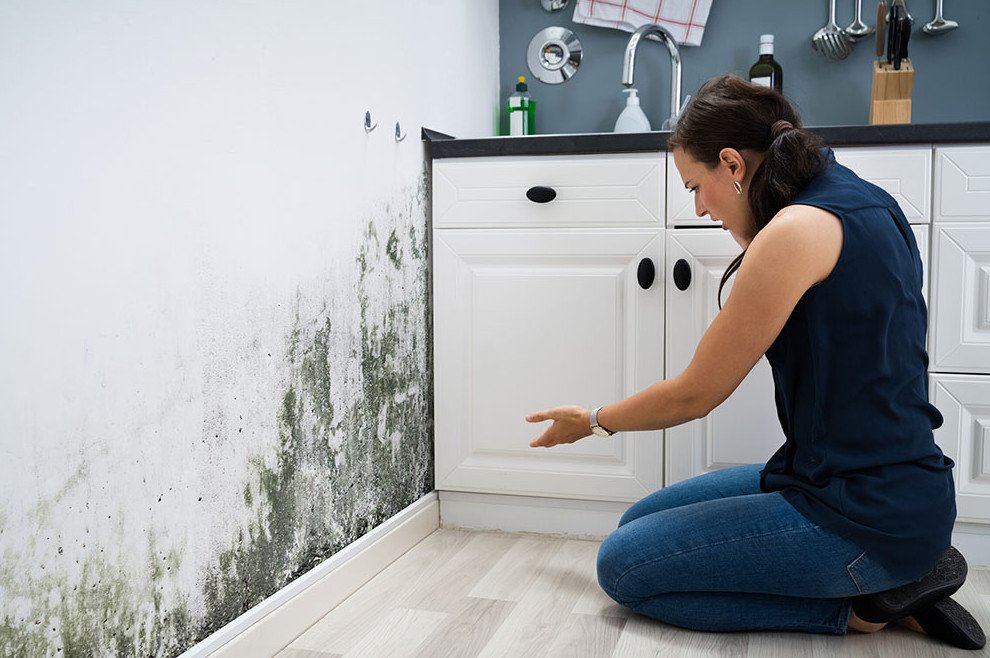Why UK Tenants Should Never Ignore Signs of Housing Disrepair
In the UK, the quality of your rental home isn’t just about comfort — it’s a matter of safety, health, and legal responsibility. Unfortunately, thousands of tenants continue to live in substandard conditions, unaware that they have legal rights that can force landlords to make essential repairs.
Table of Contents
ToggleWhether it’s a leaking roof, mould on the walls, or faulty heating systems, housing disrepair is more than an inconvenience — it can lead to serious health issues, financial loss, and prolonged stress. If you’re currently dealing with these problems, it’s time to understand your rights and take steps toward holding your landlord accountable.
What Exactly Is Housing Disrepair?
Housing disrepair covers a range of issues where your landlord fails to maintain the property to a liveable standard. Some of the most common types include:
-
Persistent damp and mould
-
Leaking pipes or roofs
-
Broken boilers and heating systems
-
Unsafe electrics
-
Pest infestations
-
Cracked walls and poor insulation
If these issues go unresolved after you’ve reported them, you may be entitled to legal assistance and even financial compensation.
How Housing Disrepair Affects You
Many tenants try to put up with small repairs, hoping things will get better. But unresolved problems can lead to:
-
Respiratory and skin conditions from damp and mould
-
Increased energy bills due to poor insulation or faulty heating
-
Damage to belongings from leaks or mould
-
Inconvenience and emotional distress
-
Safety risks from faulty electrics or structural problems
In severe cases, disrepair can make a home entirely unfit for human habitation, and UK housing law protects tenants in such circumstances.
Legal Rights of Tenants in the UK
If you’re a tenant, your landlord has a legal obligation to:
-
Keep the structure of your home in good repair
-
Ensure plumbing, heating, and electrical systems work safely
-
Address any hazards that could affect your health
-
Maintain the home to a standard deemed fit for human habitation (as per the Homes (Fitness for Human Habitation) Act 2018)
You are not responsible for fixing these major issues yourself — and you shouldn’t suffer in silence.
What to Do If Your Landlord Isn’t Responding
If your landlord has failed to act on your complaints, don’t wait for things to worsen. Here’s what you should do:
1. Document the Disrepair
Take clear photos or videos showing the condition of the property. Keep a written log of the problems and dates you reported them.
2. Communicate in Writing
Email or send a written letter to your landlord detailing the issues. If they don’t respond within a reasonable time (typically 14 to 28 days), you can escalate the matter.
3. Seek Legal Support
When landlords neglect repairs, legal experts can help you hold them accountable. The team at Housing Disrepair Team UK offers professional guidance on what steps to take, what compensation you might claim, and how to proceed with your case — often on a no win, no fee basis.
Why Work With a Dedicated Housing Disrepair Team?
Many tenants avoid legal action because they assume it will be expensive or complicated. That’s not the case. At Housing Disrepair Team UK, tenants can:
-
Access free assessments to see if they qualify
-
Work with experienced legal professionals
-
Make no win, no fee claims, with nothing to pay upfront
-
Receive support throughout the process
They’ve helped countless tenants claim compensation and force landlords to carry out urgent repairs.
Want to learn more about who they are and how they operate? Visit their detailed About Us page to meet the team and understand how their values align with protecting tenants across England and Wales.
Can You Claim Compensation?
Yes. If your landlord ignored repair requests and you suffered physically, financially, or emotionally, you may be entitled to compensation. This could include:
-
Reimbursement for damaged belongings
-
Compensation for emotional distress
-
Costs incurred for alternative accommodation
-
Refunds for rent paid during periods of disrepair
You do not need to be in council housing to qualify — both housing association and private tenants are covered.
Time Limits Apply
Legal claims are time-sensitive. In most cases, you have up to 6 years to make a claim from the date of disrepair, or 3 years if the case involves a personal injury (such as asthma triggered by mould).
That might seem like a long time, but building a strong claim with evidence takes planning — so don’t delay.
Take Control of Your Living Conditions Today
If you’re tired of waiting for your landlord to make necessary repairs, you’re not alone — and you’re not powerless. Tenants across the UK are standing up for their rights, and with the right support, you can too.
Visit Housing Disrepair Team UK to get started, or check their About Us page to learn more about how they help tenants like you reclaim safe, liveable homes.
